Related: 12 Worst Cities for Retirement
Some one-third of Americans do not feel confident about their retirement prospects, which means many will continue to work past retirement, according to a report from the Employee Benefit Research Institute. Others will consider relocating to a more affordable place where they can continue to enjoy their lifestyle after leaving the workforce.
Besides affordability, retirees who want to move elsewhere will also focus on a host of other factors in choosing their new home, including access to health care, safety and decent weather.
WalletHub, a personal finance website, recently evaluated cities across the U.S. to determine their retirement friendliness. The research showed that some cities meet most of these criteria, while others fall short.
WalletHub compared the retirement-friendliness of 182 cities — including the 150 most populated U.S. cities, plus at least two of the most populated ones in each state — across these dimensions:
- Affordability, including adjusted cost of living and annual cost of in-home services
- Activities, including recreation and senior centers per capita and availability of adult volunteer activities
- Quality of life, including mild weather and share of population 65 and older
- Health care, including quality of public hospital system and home care facilities per capita
Researchers evaluated these dimensions using 45 relevant metrics, and graded each on a 100-point scale, with 100 representing the most favorable conditions for retirement.
Because of the significance of cost in retirement, the analysis assumed that retirees will rely on a fixed income. The lower their expenses, the better retirees will fare in a particular city, WalletHub said.
See the gallery for the 12 best cities for retirement, according to WalletHub.






 September 26, 2023 at 10:13 AM
September 26, 2023 at 10:13 AM










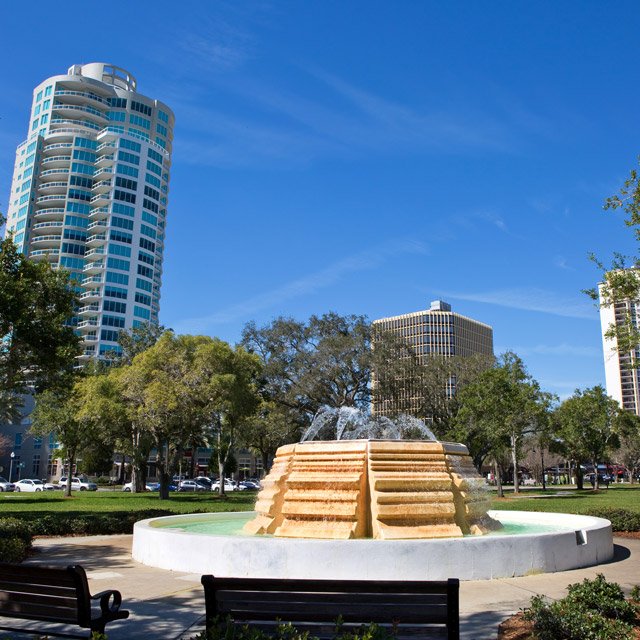


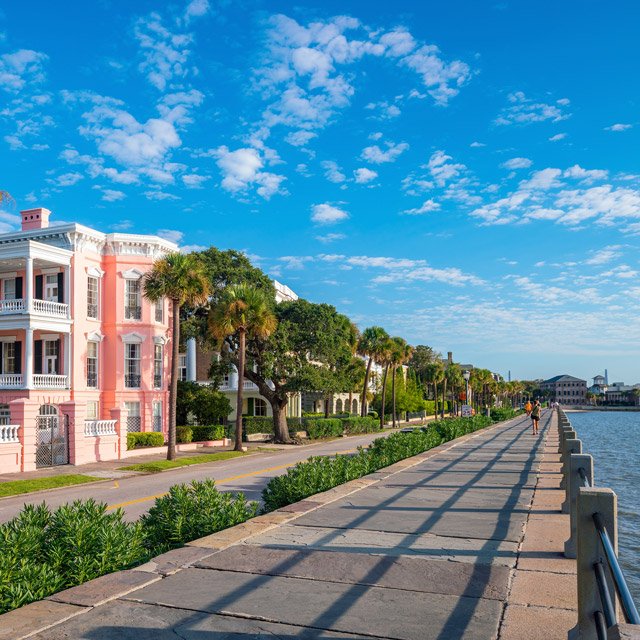

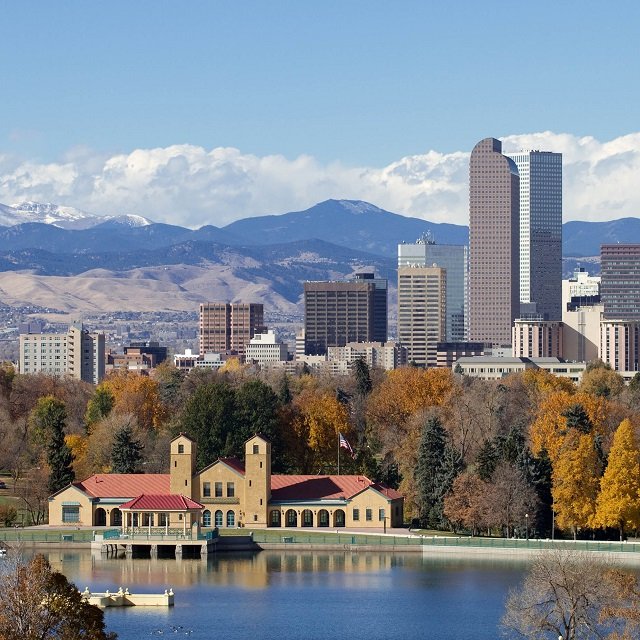

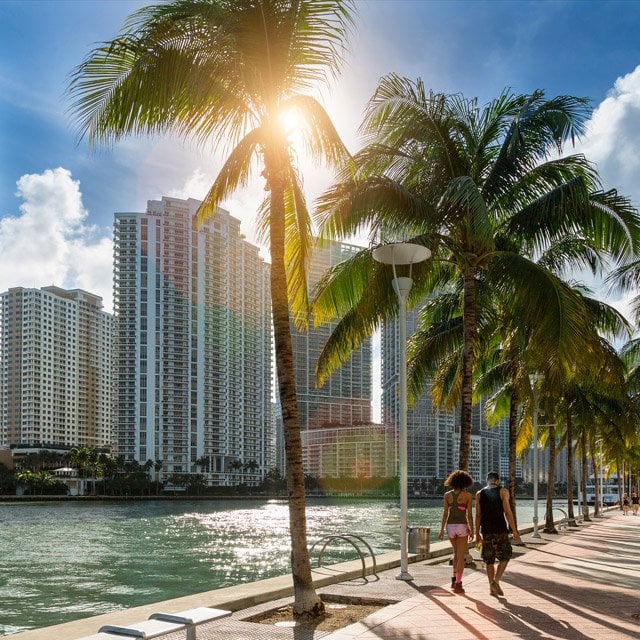

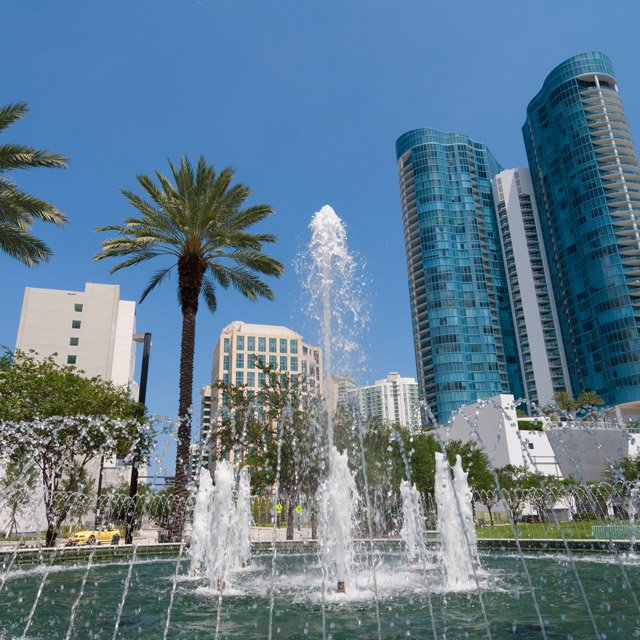
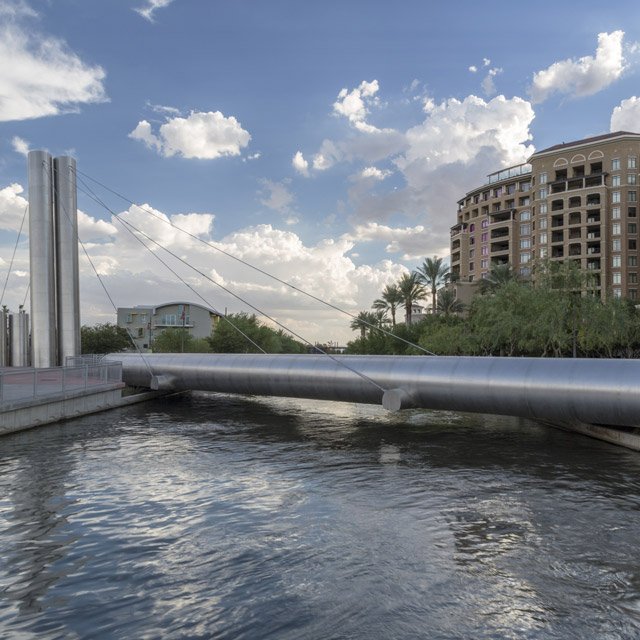
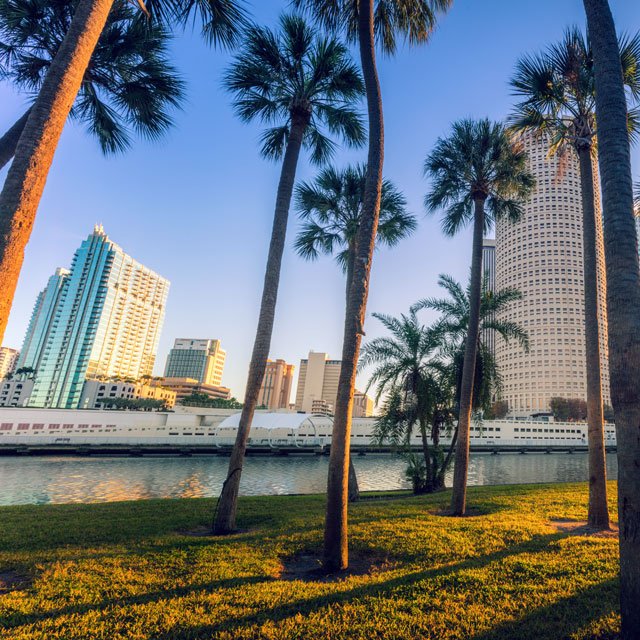


 Slideshow
Slideshow






 Copyright © 2024 ALM Global, LLC. All Rights Reserved.
Copyright © 2024 ALM Global, LLC. All Rights Reserved.